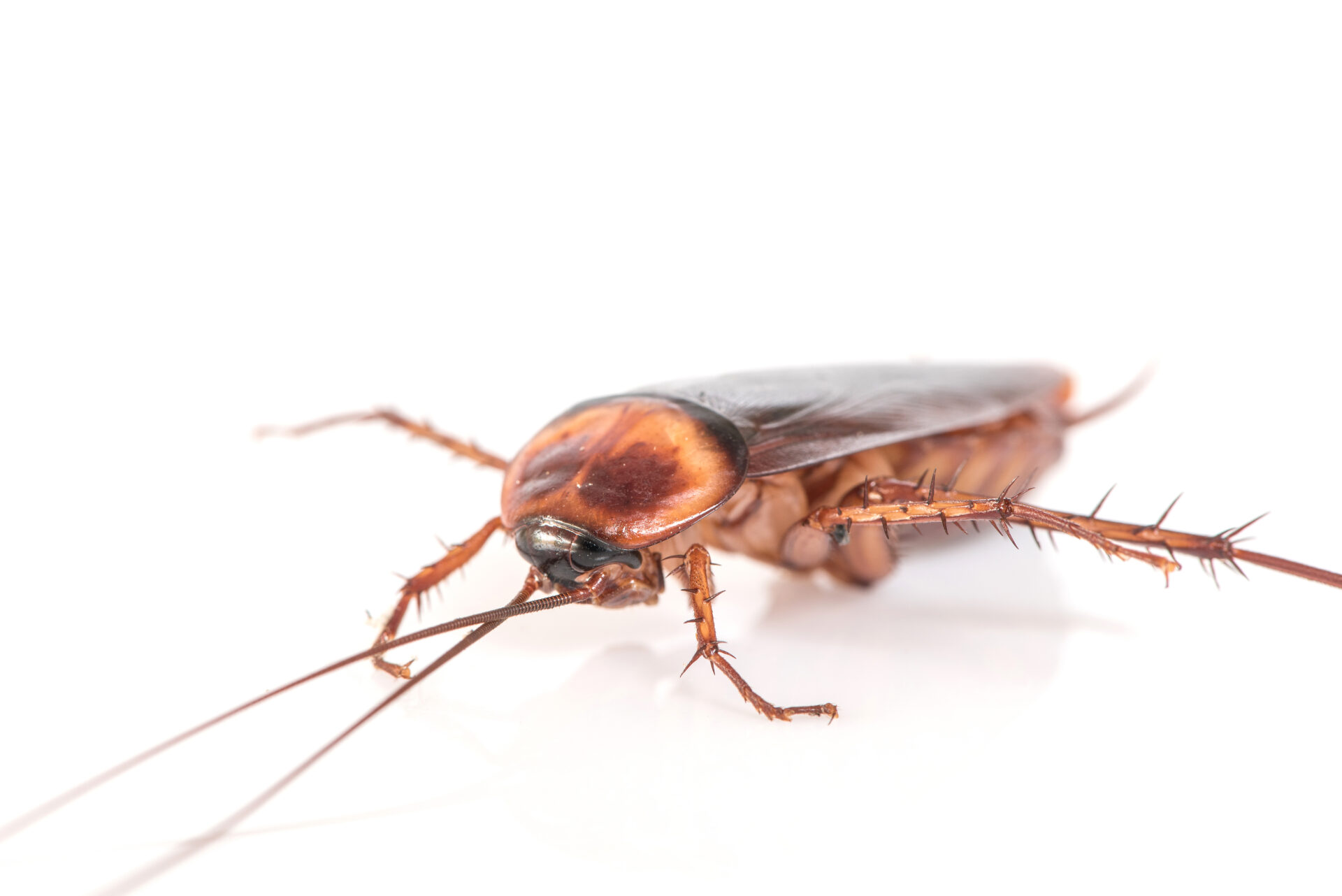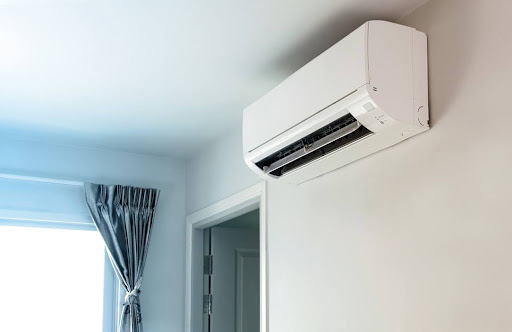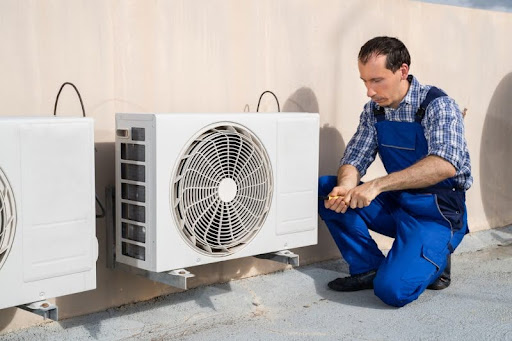Cockroaches are tenacious pests known for their ability to adapt to various environments. But what about air conditioning? Do cockroaches have a preference for indoor cooling systems? Let’s delve into their behavior and explore whether or not they are attracted to air conditioning.
Behavior of Cockroaches
Cockroach behavior can vary depending on the species, but some general characteristics apply to most cockroaches. Understanding their behavior can help us determine whether or not they are attracted to air conditioning.
Nocturnal Activity
Cockroaches are nocturnal creatures, meaning they are most active during the night. They prefer to stay hidden during the day and come out to scavenge for food at night. This behavior is believed to help them avoid predators and increase their chances of survival.
Scavenging Behavior
Cockroaches are notorious for their scavenging behavior. They are opportunistic feeders and eat almost anything they can find, including food scraps, decaying matter, and even glue or soap. Their ability to survive on various food sources contributes to their adaptability and resilience.
Nest Building Habits
Cockroaches are known for their ability to build nests in hidden and protected areas. They prefer dark, warm, and moist environments for nesting. These nests provide them shelter, protection, and access to food.
Social Interactions
Cockroaches are social insects and tend to live in groups. They communicate with each other through chemical signals called pheromones. This communication helps them establish hierarchical structures within their colonies and coordinate their activities.
Reproductive Patterns
Cockroaches have a high reproductive potential and can multiply rapidly if conditions are favorable. Female cockroaches produce egg cases called oothecae, which can contain dozens of eggs. They prefer to lay their eggs in secluded areas protected from predators.
Preference of Cockroaches
Preferred Temperature Range
Cockroaches are cold-blooded insects, meaning their body temperature is influenced by the temperature of their environment. They are most active and thrive in temperatures between 70°F to 85°F (21°C to 29°C). Extreme temperatures, whether hot or cold, can harm their survival.
Preference for Dark Environments
Due to their nocturnal nature, cockroaches prefer dark environments. They seek out hiding places that provide them with darkness and security, which is why you often find them in dark corners, cracks, crevices, and other hidden areas in your home.
Attracted to Moisture
Cockroaches are attracted to moisture and prefer environments with high humidity levels. These conditions provide them with the necessary moisture they need to survive. Areas with water sources, such as kitchens, bathrooms, and basements, are beautiful to cockroaches.
Food Preferences
Cockroaches are omnivorous and will feed on a wide variety of food sources. They are attracted to sweet, starchy, greasy foods and decaying organic matter. Cockroaches are also attracted to pet food, crumbs, and debris left out in the open.
Avoidance of Certain Smells or Substances
Cockroaches have a strong sense of smell and can be repelled by certain smells or substances. They avoid strong odors like peppermint, citrus, and certain cleaning products. However, their aversion to these smells may vary depending on the cockroach’s exposure.
Impact of Air Conditioning on Cockroaches
Effects of Temperature on Cockroach Behavior
Air conditioning can significantly affect cockroach behavior. Most air-conditioned environments maintain temperatures outside of the preferred range for cockroaches. Cold temperatures can slow their metabolism and make them less active, while scorching temperatures can be lethal.
Survival Rate of Cockroaches in Air-Conditioned Environments
While cockroaches can survive in air-conditioned environments, their survival rate may be lower compared to environments with temperatures within their preferred range. The calm and dry conditions created by air conditioning can dehydrate and stress cockroaches, making them more susceptible to illness and death.
Behavioral Changes in Cockroaches Due to Air Conditioning
Cockroaches may exhibit behavioral changes in response to air conditioning. They may seek out warmer areas within your home, such as near appliances or heat sources, to compensate for the cooler temperatures created by the air conditioning system. They may also become less active during the day and more active at night to avoid the cooler temperatures.
Effects of Air Conditioning on Cockroach Reproduction
Air conditioning can indirectly impact cockroach reproduction by creating inhospitable conditions for their survival. Cooler temperatures and drier air can affect the viability of their eggs and reduce the overall reproduction rate. However, if even a few cockroaches survive, they can quickly repopulate the area once the conditions become more favorable.
Role of Air Conditioning in Controlling Cockroach Infestations
In some cases, air conditioning can help control cockroach infestations by making the environment less favorable for survival. By maintaining cool temperatures and low humidity levels, air conditioning can create an inhospitable environment that discourages cockroaches from invading your home. However, it’s important to note that air conditioning alone is not a foolproof solution and should be combined with other preventive measures to manage cockroaches effectively.
Tips for Managing Cockroaches in Air-Conditioned Environments
Prevent Entry Points
Seal any entry points, such as cracks, gaps, or openings, that could allow cockroaches to enter your home. Pay special attention to areas around pipes, windows, doors, and utility openings. Preventing their entry in the first place is essential for keeping cockroaches away.
Maintain Cleanliness
Keep your home clean and free of food debris to eliminate potential food sources for cockroaches. Clean up spills regularly, wipe down countertops, and vacuum or sweep your floors. Empty trash cans regularly and ensure they have tight-fitting lids.
Monitor and Seal Cracks and Gaps
Regularly inspect your home for cracks and gaps that could serve as hiding places or entry points for cockroaches. Seal any gaps or cracks with caulk or other appropriate sealants to prevent their access.
Use Roach Baits and Traps
Strategically place cockroach baits and traps where cockroaches are likely to frequent. These baits and traps can help control existing infestations by attracting and eliminating cockroaches. Follow the instructions provided with the products for the best results.
Frequently Asked Questions
How does air conditioning affect cockroach behavior?
Air conditioning can have both positive and negative effects on cockroach behavior. On one hand, cockroaches are cold-blooded insects, so they thrive in warm and humid environments. However, air conditioning can also make the environment less favorable for cockroaches by reducing the temperature and humidity levels.
Are cockroaches attracted to air-conditioned environments?
While air conditioning may not naturally attract cockroaches, certain factors can still draw them to air-conditioned spaces. Cockroaches are attracted to food sources, so if there are food spills or crumbs in an air-conditioned environment, it can be a potential attractant for them.
Can cockroaches survive in air-conditioned spaces?
Cockroaches can remarkably adapt and survive in different environments, including air-conditioned spaces. While air conditioning can create unfavorable conditions for cockroaches by reducing the temperature and humidity, they can still find ways to survive. Some species of cockroaches are more resilient to cooler temperatures and can tolerate the lower temperatures that come with air conditioning. They may seek out warmer areas within the air-conditioned space, such as near electronic equipment or appliances.
Conclusion
In conclusion, while cockroaches may not particularly like air conditioning due to the cooler temperatures and drier conditions it creates, they can still survive in such environments. Air conditioning can indirectly affect their behavior and reproductive patterns, but it is not a foolproof solution for controlling cockroach infestations. To effectively manage cockroaches in air-conditioned environments, combining preventive measures such as sealing entry points, maintaining cleanliness, and utilizing roach baits and traps is crucial.




